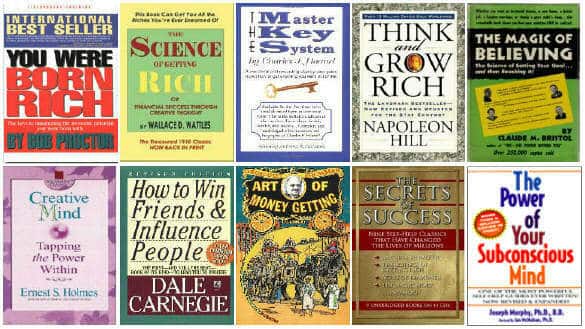I am sure many of you would question the idea of an ‘organic relationship’ in a world like ours – burdened by the pretences and disbeliefs of our age. Contrary to this thought, it is interesting to witness the becoming of organic relationships in college.
The word organic would immediately paint a healthy, natural, and enriching image. The term ‘organic relationship’ would then simply translate to a fulfiling relationship. It is a bond that creeps in your correspondence gradually, like moss growing against a damp abandoned wall.
But how do we identify an organic relationship? Meghan Ambers in an article on organic relationships writes, “Relationships with the right people will open your eyes to new heights of life, they will make you appreciate the wonders of the universe and you always walk away knowing more than you started with in the beginning.” When you are in the right company you simply, at the risk of sounding idealistic, “vibe” and start a dialogue. During the dialogue, there can be conflict and that ’s when you know what the relationship is. Such a conflict would drive you to a decision – to forsake the budding friendship or to give it some time.
To err is human. Sometimes we develop a sense of insecurity when our relationships are not what we expect or imagine them to be. Behaviours vary, so logically our responses should vary too. An organic connection that you felt goes a long way to determine our reactions. For example, in a moment of test, your heart would want you to give the other person another chance.
It is interesting then, this gamble of emotional connectivity. Is it not? Before getting in any relationship, we make our own ideas about a person. It is then a challenge for the other person too, to change your ideas and his/her own. So allow the exploration. And when it delves into a realm of its own making, something beautiful will come to be. If you are lucky, you’ll develop a sense of familiarity. Something that says that you know all about them and yet would love to know more. Something that will enable you to look beyond their flaws and failures, to look through their perspective, to question as they would, and everything in between!
Actor Richard Gere once said, “When someone has a strong intuitive connection, Buddhism suggests that it’s because of karma, some past connection.” However, even the most profound relationships can falter with time. The hitherto burning passion-fire can be regulated. It can even seem lost on its characteristic warmth. Such a transition would not be termed as a ‘fallout’ – a problematic term, to say the least. Happiness is found in the most unlikely places. And unlikely, unprecedented, and unexpected are the ways of life. There is a deep joy in unexpected wellness. A relationship with no mechanical formality exists.
But as it goes without saying, there can always be a false sense of security too. More often than not, without realising, we find ourselves in toxic friendships. Too many chances, too much guilt, and too many apologies can be highly taxing. As important as it is to hold on to our bonds, it is extremely important to learn to let go too. To indulge someone in your vulnerabilities and fears, and then losing them to doubts can be traumatising. Meghan Ambers goes on to say, “Still, bad relationships can teach you two things as well. It can teach you what you won’t tolerate, what you don’t deserve, and what you don’t need in your life. And whether it is a relationship with a friend or lover, it will apply to all.” It is not my place to propagate distrust; that would mean the end of all our social connections. Neither do I wish to imply the embodying of withdrawal and indifference.
I simply mean that it is helpful to believe in the idea of relationships forming naturally rather than forcing them to be. The journey of a thousand miles begins with a step. It is necessary to interact, and then see where the dialogue takes you. There are a million possibilities and infinite emotions. Good or bad, you will learn. And learning is living, don’t you think?
Feature Image Credits: Wanderway
Kartik Chauhan
[email protected]









